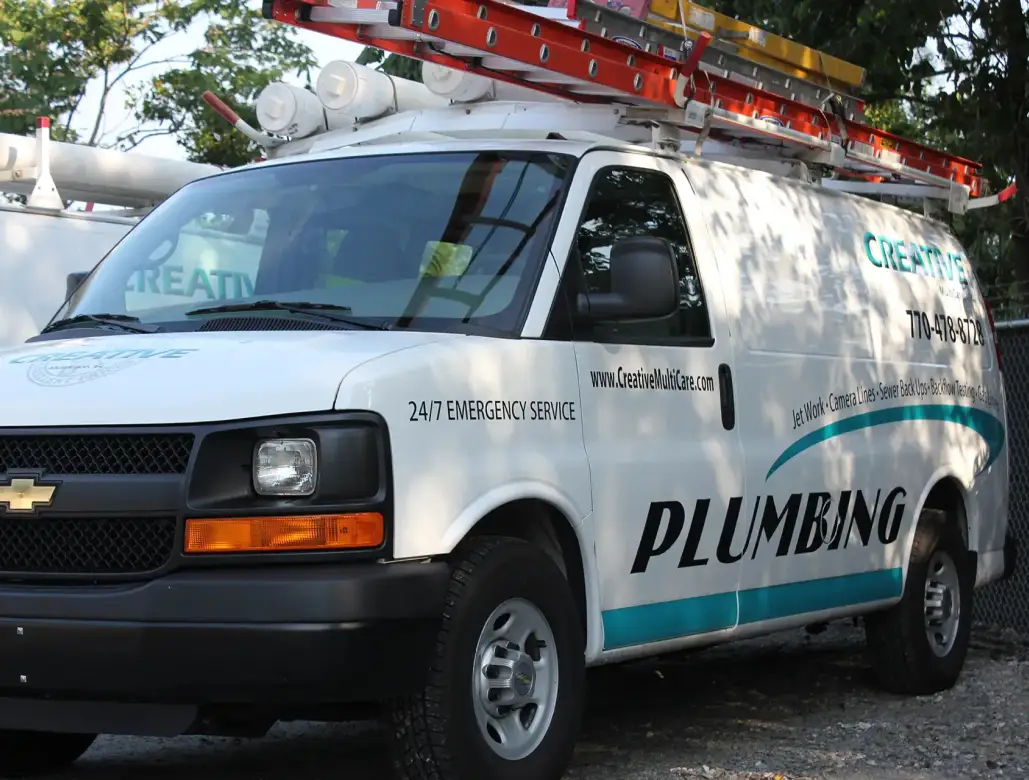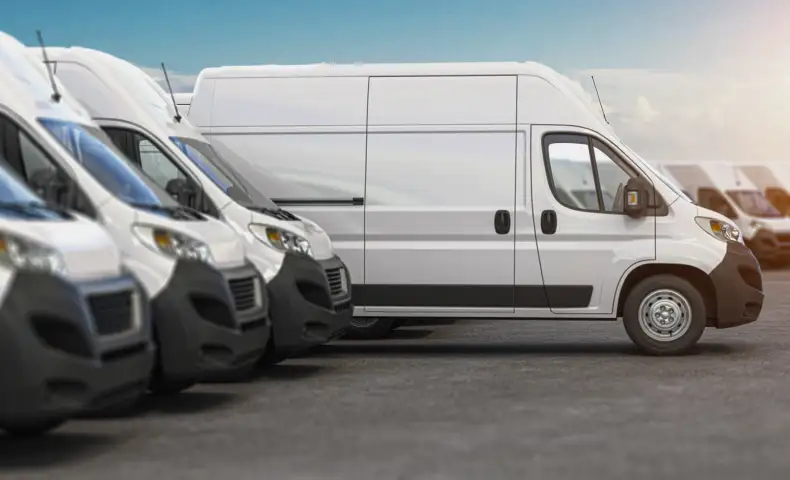Paying and managing tolls seems simple on the surface but is an increasingly large headache for fleets. Between 2013 and 2023, the number of bridges, tunnels and miles of roads subject to tolls rose by 15% (US Federal Highway Administration), an increase expected to continue in the coming years given the transition to alternative fuels. Toll revenues offer one way for states and agencies to make up the gap in infrastructure funding as gas tax revenues decline.
Yet there’s no single way to pay for tolls. There are more than 57 separate toll road authorities in the United States (IBTTA). While some are interoperable, such as EZPass which is accepted in 18 states, others are not. This patchwork of systems creates challenges for drivers and fleet operators, from point of use all the way through reconciliation and payment.
This blog series explores how that fragmentation, along with rising costs and a heavy operational burden, affects fleets of all sizes.
A patchwork of payment systems
Depending on the journey, a driver might use cash, be billed by mail with video license plate monitoring, or need one or more transponders – or a combination of all three. Each option presents its own challenges.
- Cash tolls are less prevalent but where it’s used, drivers need to have substantial funds on hand or a credit card to avoid penalties. Drivers also need to track paid tolls and submit reimbursement requests, meaning fleet operators only see those expenditures in the rear view mirror.
- Transponders for each toll authority need to be obtained and linked to each vehicle, then distributed and displayed in the appropriate vehicle. This requires a pre-funded account, which ties up significant capital, and multiple transponders may be needed based on the routes driven. If the right transponder isn’t displayed or the correct transponder is misread, fines and violations start to accumulate.
- Cashless tolling is increasingly popular as it keeps roads moving without requiring toll lanes. Video readers scan license plates and bills are mailed to the vehicle’s owner of record. If bills are lost in the mail or not paid promptly, significant penalties are assessed.
All of these options also leave fleet operators without real-time information about one of their largest, and fastest-growing, expenses. At best, expenditures are managed on a delay; at worst, the operator may also be hit with additional costs due to fines and penalties. Furthermore, managing toll payments requires a significant infrastructure since each toll authority has its own statement, format, and payment method. (We’ll discuss the cost and operational impact of managing tolls in future blogs.)
Is there an alternative?
While there may ultimately be some consolidation in tolling platforms, fleet operators seeking an easier way to manage tolls and payments today have few options. Some providers will manage vehicle registration, transponder distribution, and payments to ease the operational burden. These solutions can also help minimize the impact of fines and penalties, but have limitations in terms of providing more timely insight into costs.
As a result, fleet operators are still stuck managing yesterday’s costs today. That delay is problematic for managing cash flow and forecasting, and can be particularly challenging for rental fleets who are trying to charge tolls to renters. Longer lag times reduce the likelihood that those costs will be recouped.
Car IQ has partnered with Verra Mobility to provide a different solution that offers on-time payments and near real-time visibility into toll expenses, covering tolling in 44 states and 6 Canadian provinces today. Whether transponder or toll-by-plate, payments are made immediately and charged against the operator’s established credit line with Car IQ.
Operators receive a single aggregated statement that can be viewed on the Car IQ Pay platform alongside fuel and other spending. The ability to integrate toll charges with vehicle telematics allows expenses to be attributed to specific vehicles without cumbersome reconciliation. This improved visibility lets fleet operators better manage present spend, including the ability to allocate toll expenses to particular loads or jobs.
Curious to learn more? Contact Car IQ to simplify tolling and fuel payments using connected vehicle services.
Car IQ is a financial technology company and not a bank. Credit Card Services are provided and issued by Lewis & Clark Bank, Member FDIC.













